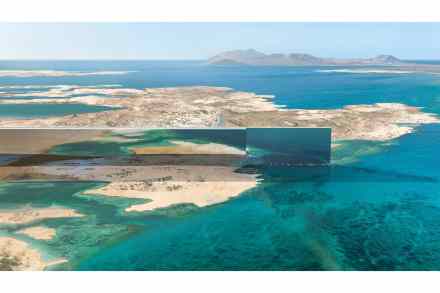The empty eco-activism of renting clothes
From time to time my Instagram algorithm will taunt me with a dress. It is – unequivocally – the most beautiful dress I’ve ever seen. Satin, emerald green, halter-neck. The dress retails for about £200, and is always sold out in my size. The ad that Instagram teases me with is for a rental, which you can pick up for £73. This is the latest fad in so-called eco-activism. Rent a dress for an astonishing amount – usually a dress that’s sold out or difficult to track down – and you will save the world! Fighting back against the mortal sin that is fast-fashion. The trend is so popular now




















